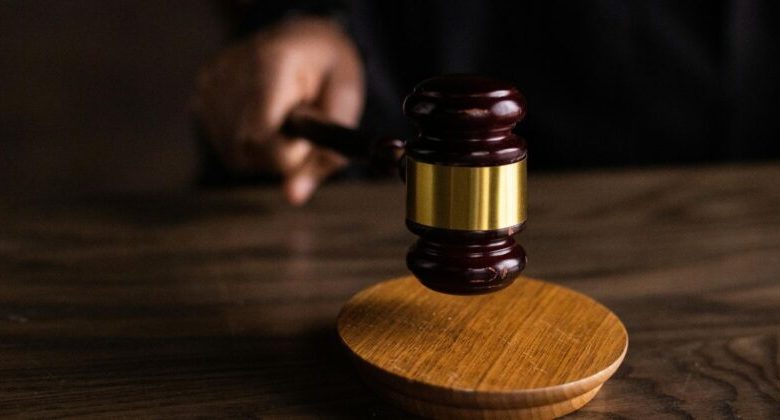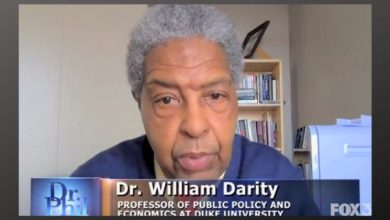Oklahoma Supreme Court Rules Against Tulsa Race Massacre: Survivors Speak Out

The Oklahoma Supreme Court has dismissed a lawsuit filed by the last two known living survivors of the 1921 Tulsa Race Massacre. The lawsuit, which sought reparations for the violence and destruction that resulted in the deaths of hundreds of Black residents in Tulsa’s Greenwood neighborhood, was struck down on June 12.
The court upheld a previous decision by a Tulsa County District Court judge, stating that Oklahoma’s public nuisance law could not be used to address the lasting impacts of this historical atrocity. Justice Dustin Rowe, writing for the majority, acknowledged the legitimacy of the plaintiffs’ grievances but concluded that the issues at hand did not fall within the purview of the state’s public nuisance statute, Reuters reported.
The plaintiffs, Lessie Benningfield Randle, 109, and Viola Fletcher, 110, alongside Fletcher’s brother Hughes Van Ellis, who passed away at 102 last October, argued that the massacre created enduring racial disparities, economic inequalities, and trauma within the Black community. Their legal team claimed that the city of Tulsa and other entities should be held accountable for compensating victims, replacing destroyed buildings, and returning land to the Black community.
Despite these compelling arguments, Justice Rowe stated that the problems faced by the Greenwood community today stem from “generational-societal inequities” that must be addressed by policymakers rather than the courts. Seven other justices concurred with Rowe’s opinion, while Justice James Edmondson issued a partial dissent.
The plaintiffs’ legal team expressed their intent to request a reconsideration of the decision from the Oklahoma Supreme Court. They also called for the U.S. Department of Justice to open an investigation into the massacre.
Rep. Regina Goodwin (D-Tulsa) voiced her frustration over the ruling, describing it as “despicable” and highlighting the ongoing injustices faced by the community. “It’s been 103 years, and folks are still saying what you’ve done is wrong,” Goodwin remarked. She further criticized the court for dismissing the humanity of the survivors.
The Tulsa Race Massacre of 1921 resulted in the deaths of an estimated 300 Black residents and the destruction of the prosperous Greenwood neighborhood, often referred to as “Black Wall Street.” The plaintiffs’ attorneys argued that the lasting blight and economic devastation in Greenwood fit within the definition of a public nuisance under Oklahoma law. They contended that the massacre’s effects, including the ongoing economic and social disparities, warranted reparations and restorative justice.
Attorney Damario Solomon-Simmons, representing the survivors, argued that the lower court had imposed an unreasonably high standard for pleading their case. He stressed that the survivors had adequately presented a public nuisance claim based on the Oklahoma Supreme Court’s own precedent, KFOR reported.
Attorneys for the City of Tulsa and other defendants argued that the plaintiffs had failed to demonstrate a violation of public rights that would support a public nuisance claim.
Although the Oklahoma Supreme Court’s decision represents a significant setback, the survivors and their supporters remain determined. The legal team plans to file a petition for rehearing, urging the court to reconsider its ruling. Justice Edmondson’s partial dissent suggests that there may still be room for further legal debate on the matter.
Photo by KATRIN BOLOVTSOVA: https://www.pexels.com/photo/brown-wooden-gavel-on-brown-wooden-table-6077326/




